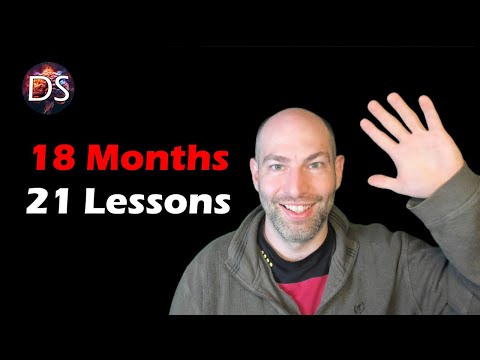Emotional Well-being and Self-Expression
- 📚 Understanding that people are primarily emotional beings is crucial for effective engagement and marketing strategies.
- 💪 Invisible disabilities in the neurospicy community can contribute to internalized ableism and the adoption of unrealistic standards and behaviors like perfectionism and workaholism.
- 💔 Recognizing and breaking the cycle of marginalized self-hatred is crucial for healing and fostering a sense of identity and belonging.
- 😡 We are often programmed by society to suppress our anger and conform to societal expectations, but it is important to recognize and express healthy anger when we have been mistreated.
- 😡 Anger is a healthy emotional response to injustice, frustration, boundary violations, and danger, and suppressing it can lead to various health issues.
- 💔 Learning to recognize and address suppressed bodily signals and buried emotions is a crucial part of healing from trauma and mistreatment.
Social Dynamics and Boundaries
- 💥 Neurotypical privilege allows the group with the most power to define what is considered "normal" and "healthy," leading to entitlement, abusive behaviors, and judgmental attitudes.
- 🛡️ Predators often get angry when called out, highlighting the importance of protecting oneself by blocking them.
- 🤖 AI chatbots should be designed with ethical considerations in mind, ensuring they do not perpetuate harmful ideologies or behaviors.
- ⏰ It is better to interact with people who understand and respect boundaries, rather than wasting time and energy on those who don't.
- 📱 The speaker realized that instead of trying to meet new people through online platforms or meetup groups, they found more meaningful connections by simply reaching out to friends through text or email.
Questions to inspire discussion
-
What is the speaker's perspective on neurodiversity?
-
The speaker emphasizes the importance of seeking medical advice from licensed professionals and uses the terms "tippy" for neurotypical people and "neurospicy" for those on the spectrum.
-
How can understanding neurotypical privilege help explain abusive behavior?
Understanding neurotypical privilege and the power dynamics of social conformity can help explain why some people become abusive and judgmental towards neurospicy individuals, potentially revealing latent psychopathic tendencies.
-
How can forced self-neglect affect individuals?
Forced self-neglect occurs when one is punished for their needs, leading to the suppression and disconnection from those needs, which is important to understand for healing and reconnecting with one's true self.
-
How are neurodivergent individuals pathologized?
People with ADHD, ASD, HSP, and giftedness are often pathologized for their deficits, but when viewed through a neurospicy lens, they see themselves as the normal ones, with unique abilities and perspectives.
-
How do institutions contribute to biases and misunderstandings?
Institutions like government, academia, businesses, and medical establishments have neurotypical gatekeeping, giving them control over defining what is normal and creating biases and misunderstandings.
------------------------------------- 1:2:29 2023-10-17T17:07:17Z

